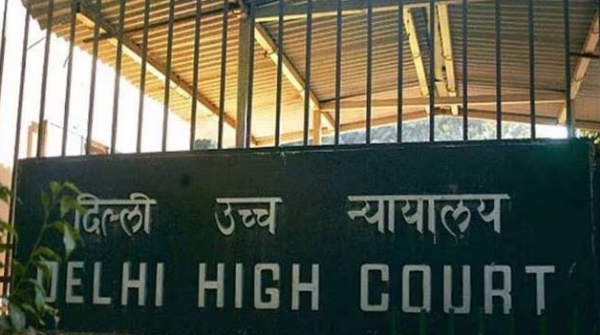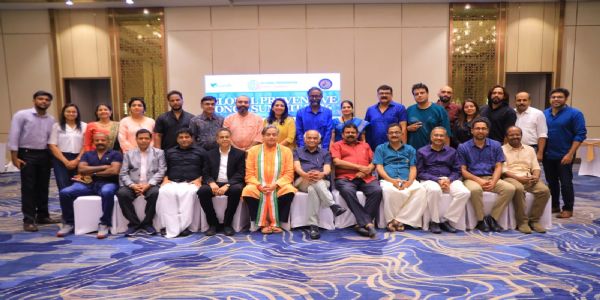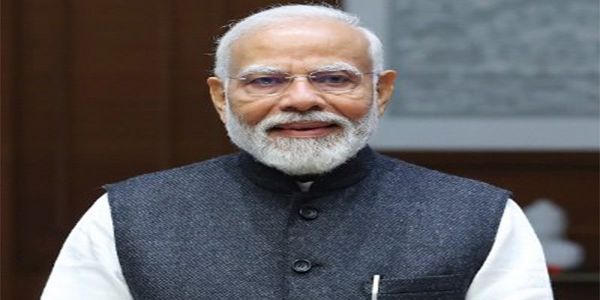
Delhi, 26 February (H.S.): The Delhi High Court recently rejected a defamation case filed by online legal education company LawSikho against four individuals who had put out tweets on X criticising the quality of their law courses [Addictive Learning Technology Limited & Anr v. Aditya Garg & Ors].
Justice Manmeet Pritam Singh Arora also imposed costs of ₹1 lakh on LawSikho after noting that the company did not approach the Court with clean hands, since it did not disclose the full conversation in the thread.
The Court notes that a plaintiff alleging defamation on social media platform arising out of a conversation thread must mandatorily disclose the full conversation thread, particularly his own tweets/comments as well and should approach the Court with clean hands. The plaint is thus rejected with costs of ₹1,00,000 payable to the Delhi High Court Legal Services Committee within a period of four weeks, the single-judge ordered.
The Court observed that in cases of defamation on social media platform, the alleged defamatory tweets cannot be read in isolation and have to be read in the context of the entire conversation thread.
“The Court notes that utterances in the nature of tweets in a conversational thread on platform X are not to be assessed in isolation for the purposes of determining the defamation claim. The Court has to consider that nature of the medium is casual and fast paced, conversational in character and an elaborate analysis of a 140-character tweet (or even more than that) may be disproportional. Importantly, the absorption by the reader and the reaction to the post is impressionistic and fleeting,” the judge said.
Pertinently, the Court noted that the LawSikho representative, Ramanuj Mukherjee, had sparked the debate on X by putting out a tweet.
The tweets by the defendants do not tantamount to defamation as they are a direct result of deliberate taunting and provocation by the plaintiff (Mukherjee), the judge said.
The issue pertained to an exchange on X between LawSikho and the defendants regarding the effectiveness of legal education at National Law Universities (NLUs) and quality of courses offered by LawSikho.
LawSikho filed a defamation suit seeking permanent injunction and damages. It claimed that the tweets had the likelihood of causing loss of business and posed a significant threat to the value of its shares, listed on the National Stock Exchange. The defendants argued that their comments fell with the protection of fair comment and submitted that they were only stating their honest opinion.
Hindusthan Samachar / Jun Sarkar







